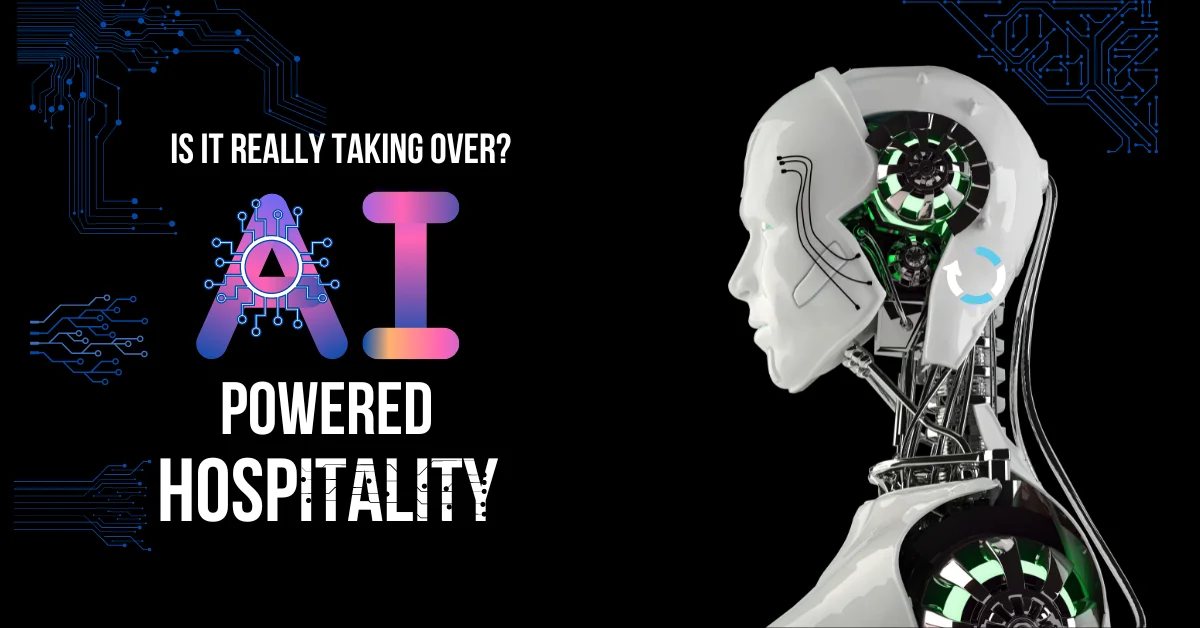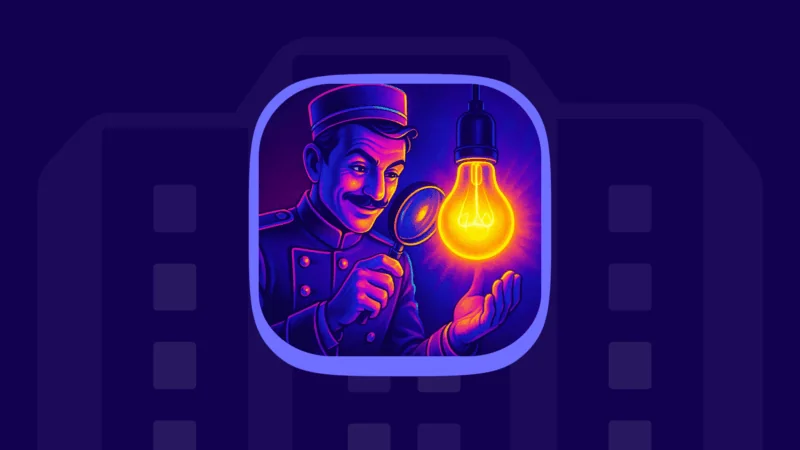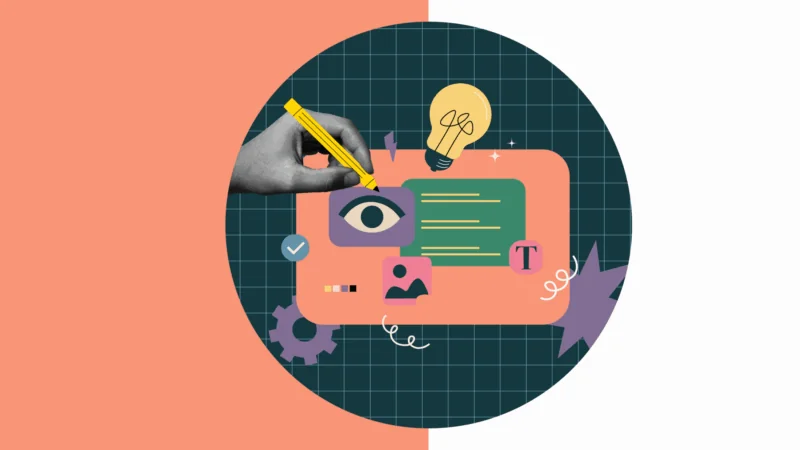The hotel and hospitality industry has been rapidly evolving over the past few years as technology advances. Artificial intelligence (AI) has emerged as a powerful tool that has been making serious waves in the digital marketing world. With its ability to analyse customer data, predict customer behaviour, and write entire articles with an extremely impressive level of accuracy, AI is transforming the landscape, with more marketers beginning to incorporate it into their strategies.
By leveraging AI tools such as machine learning algorithms, natural language processing (NLP), and predictive analytics, those working in digital marketing for hotels and the hospitality industry are able to gain valuable insights into their guest’s needs and preferences more quickly than doing it manually. This allows you to create more personalised experiences for your guests by tailoring content specifically for them with a faster turnaround time.
For example, the start of this article was written using Open AI’s ChatGPT tool. Could you tell? I had to make a few tonal adjustments and tweaks here and there, but the main body of the first two paragraphs was produced by artificial intelligence. You might be thinking; why is a content writer admitting that she’s just used AI when everyone is saying it could eventually take her job?
It’s true, the relationship between those working in digital marketing for hotels, from content writers and coders to web developers and even designers, is a tenuous one. However, many are embracing it as a supportive tool to speed up processes and create larger quantities of content.
Important limitations to consider
There are some drawbacks at the moment. Google is currently resisting by using its algorithms to target and penalise artificially generated content. Late last year, the search engine released its ‘Helpful Content Update’ as part of a broader effort to ensure searchers see more original content written by people, for people. Basically, Google is cracking down on mass-generated AI content that is primarily designed to raise search rankings – which goes against the company’s spam policies.
The tide could be about to change though, with DeepMind – a Google-owned AI company – recently teasing the launch of their own ChatGPT rival called Sparrow. It’s supposedly packed with groundbreaking features, including some that reduce “the risk of unsafe and inappropriate answers,” and could potentially cite specific sources and improve answer accuracy. This is something ChatGPT currently lacks, and it paves the way for the responsible use of AI to be accepted or even encouraged by Google.
Another issue is that ChatGPT gathers its data from a knowledge base that ends in 2021, meaning it could easily be providing false information on anything past that date. For example, if you asked it to write an article about hotel digital marketing trends for 2023, it’s unable to provide an accurate response. To write such a blog, you’d require the knowledge of an experienced digital marketer and content creator who’s able to constantly stay on top of the latest changes within the hospitality industry.
Using AI within your digital marketing strategy for hotels
The best way to approach this technology is to think of it as an assistive tool to be used cautiously within your hotel digital marketing strategy. You can use it as a creative partner, by combining ChatGPT with your marketing expertise to produce incredible ad copy, web content and SEO-optimised titles that make your hotel or hospitality business stand out from the crowd.
The bottom line is, anyone can type some instructions into Open AI’s chatbot and get it to churn out an article, but It takes a digital marketer who knows SEO inside-out to use it properly and responsibly and add that magic, personal touch to make it work positively for your hotel’s website.
If you’d like support with your website’s organic performance, content addition or anything else regarding hotel and hospitality digital marketing to boost those all-important direct bookings, please get in touch with our team.



